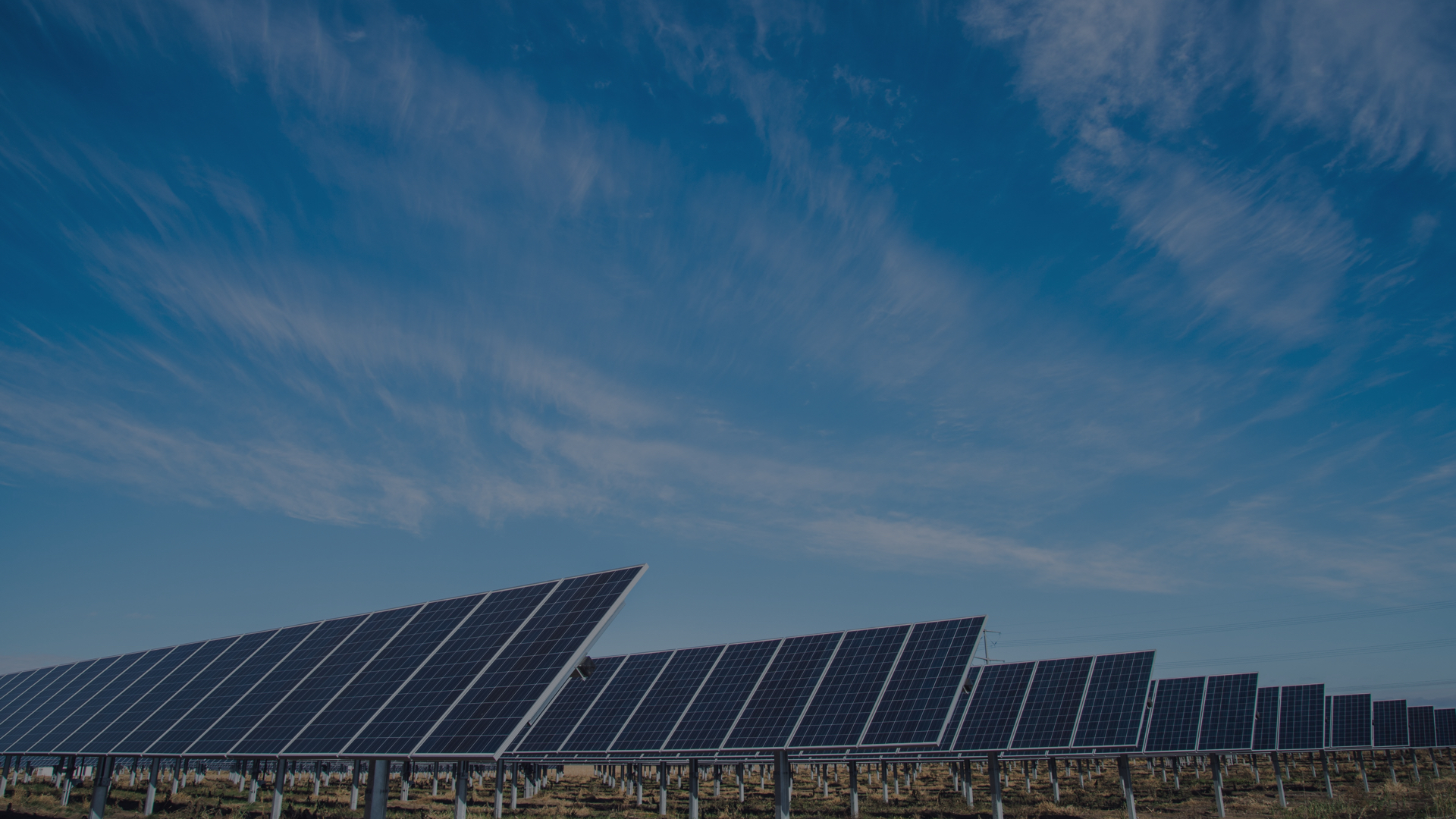Gordon Brown will unveil tax breaks for households generating their own green energy as he uses his eleventh budget to challenge the environmental credentials of David Cameron’s Conservatives by proposing incentives to tackle climate change.Whitehall sources said last night that Mr Brown is likely to encourage people to install solar panels, wind turbines and other carbon-free sources of energy in their homes by exempting from income tax any money made by selling excess power back to the national grid.
In what is almost certain to be his last budget speech, the chancellor will contrast his “carrots and sticks” approach to tackling climate change with the clampdown on air travel suggested by the opposition.
To highlight the difference in approach, he is expected to increase road tax on the worst polluting vehicles while reducing excise duties for owners of more fuel-efficient cars. Taxes on so-called “gas guzzlers” bought new since April are expected to double to about £400 over the next two years, while most cars owners will face inflation-linked increases. The lowest emission cars will continue to be free of excise duties.
Mr Brown will also announce that he is lobbying Brussels for VAT on energy-efficient goods in the home to be cut to 5%. He is thought to favour encouraging households to install double-glazing, low-energy light bulbs and better insulation rather than hitting them with new taxes.
The other central theme of the budget will be the announcement that education would be the big winner from this summer’s comprehensive spending review, which allocates money to Whitehall departments for the three years from spring 2008. Mr Brown is expected to announce that spending will grow by about 2% on average, the smallest increase since Labour’s first two years in power. But while other departments will have to wait until June or July for their allocations, that for education will be announced on Wednesday.
With the IMF forecasting that the UK will have the fastest-growing economy of any G7 country this year, Mr Brown will give an upbeat assessment and intends to stick by his forecast in December’s pre-budget report that growth will be about 3% this year. He will insist that, having made the economy stable over the past decade, the challenge for the next decade is to make this sustainable.
He wrote last week to fellow EU finance ministers urging them to support lowering VAT on green goods – a move which Brussels would have to approve. His move may help counter criticism from groups such as Friends of the Earth that he has not been tough enough on the environment during his decade at the Treasury.
But Friends of the Earth’s economics campaigner, Dave Timms, said: “With the exception of 1999, Gordon Brown’s budgets have done little to tackle climate change. Indeed, some of his decisions, such as abandoning the fuel price escalator, have actually led to significant increases in carbon dioxide emissions.”
FoE said in the eight years before Labour came to power green taxes, as a proportion of overall taxes, rose from 7.8% to 9.4%. But by 2005, the latest year for which information is available, Mr Brown had let this percentage fall to 7.7%.
In his letter to Laszlo Kovacs, Europe’s tax commissioner, Mr Brown said: “We need as a matter of urgency to improve the energy-efficient and energy-saving behaviour of all energy consumers.
“Incentives are needed to help address a number of failures in the market for these products. First, contrary to the ‘polluter pays principle’, the consumer who chooses a product designed to emit less pollution pays more. Second, there appears to be some short-sightedness in the market where many consumers choose an inefficient equivalent, despite the fact that in the long term the inefficient products costs more.
“Reducing the VAT on energy-efficient products would be an effective way of helping to tackle these market failures.”
In a separate letter to fellow EU finance ministers, Mr Brown said he was willing to drop his normal opposition to tax harmonisation for the sake of the environment.
The battle over which party is best placed to claim the green vote continued yesterday when Mr Cameron accused Mr Brown of lacking courage on environmental taxation. “He’s telling people what they want to hear – that you can go green without paying the price. That’s not leadership, that’s not substance,” he told the Tories’ spring forum in Nottingham.
The Conservatives also urged Mr Brown to use the budget to cut the headline rate of corporation tax by 3p, worth £4.5bn a year, to be paid for by scrapping complex reliefs and reducing allowances. They claim Britain has had the biggest increase in taxation legislation in the world during the last decade. Mr Brown hinted at a corporation tax cut in an interview with the Financial Times last week and senior Tories believe he is planning one.
“British businesses are suffering from the double burden of high business tax rates and the most complex tax system in the developed world,” said George Osborne, the shadow chancellor. A 3p cut “would be a welcome simplification of taxes rather than an overall cut in tax”, he said, which “could be done while protecting key special allowances…”.
21.03.2007
Budget to give tax breaks for green homes
Industry News
